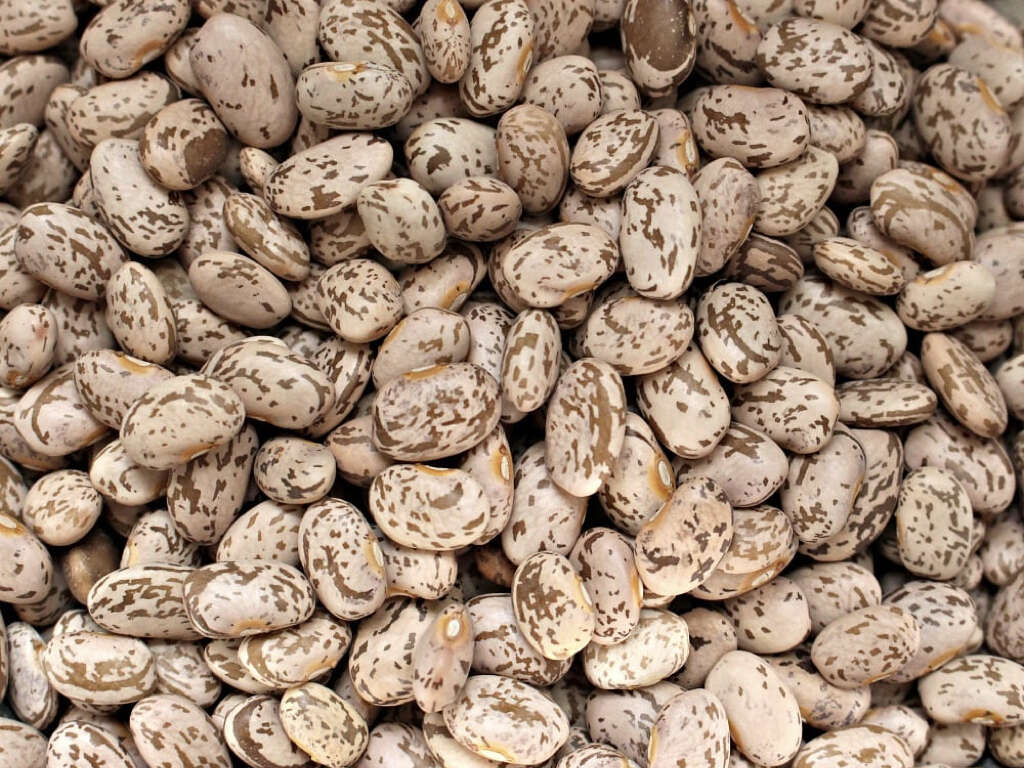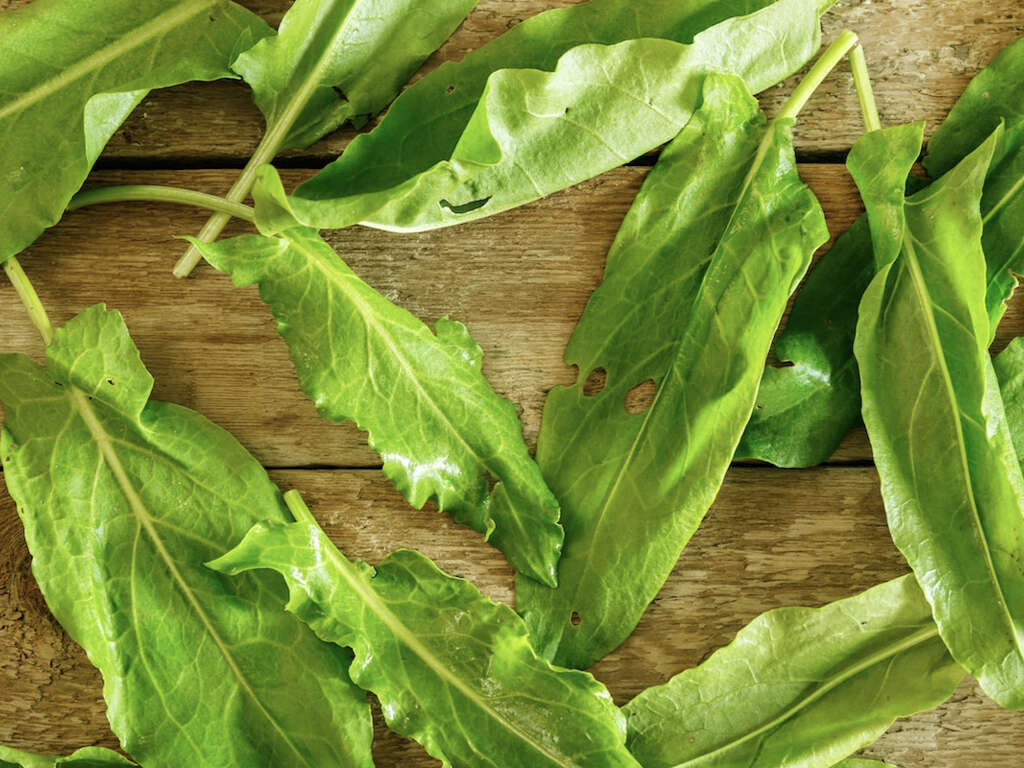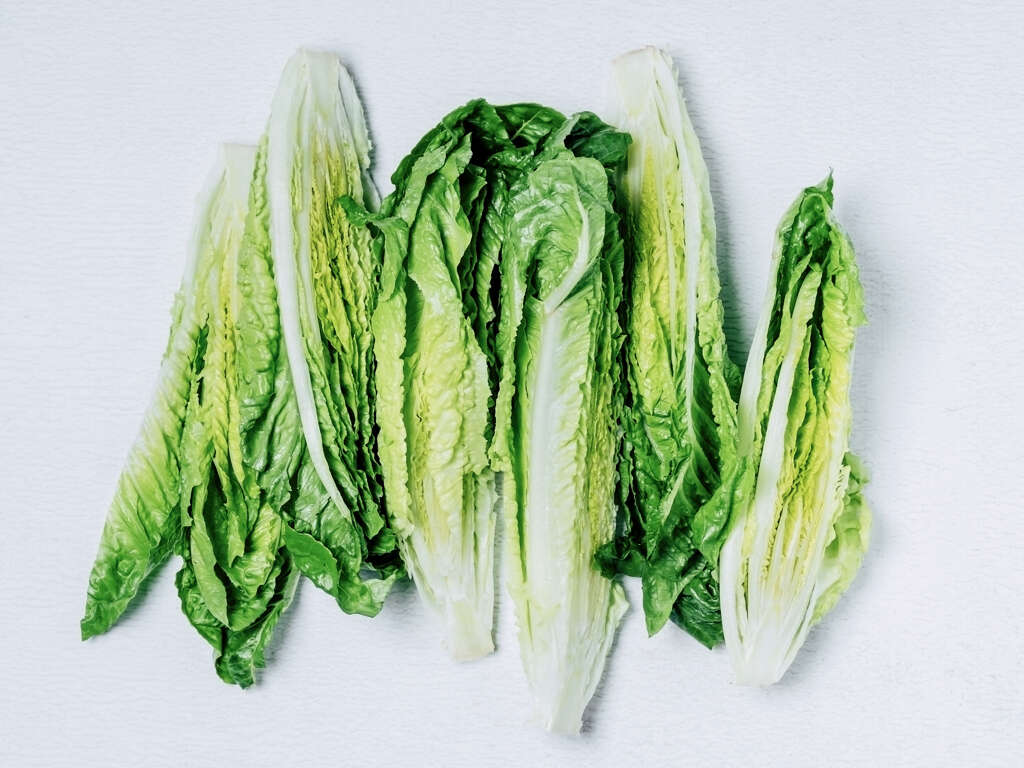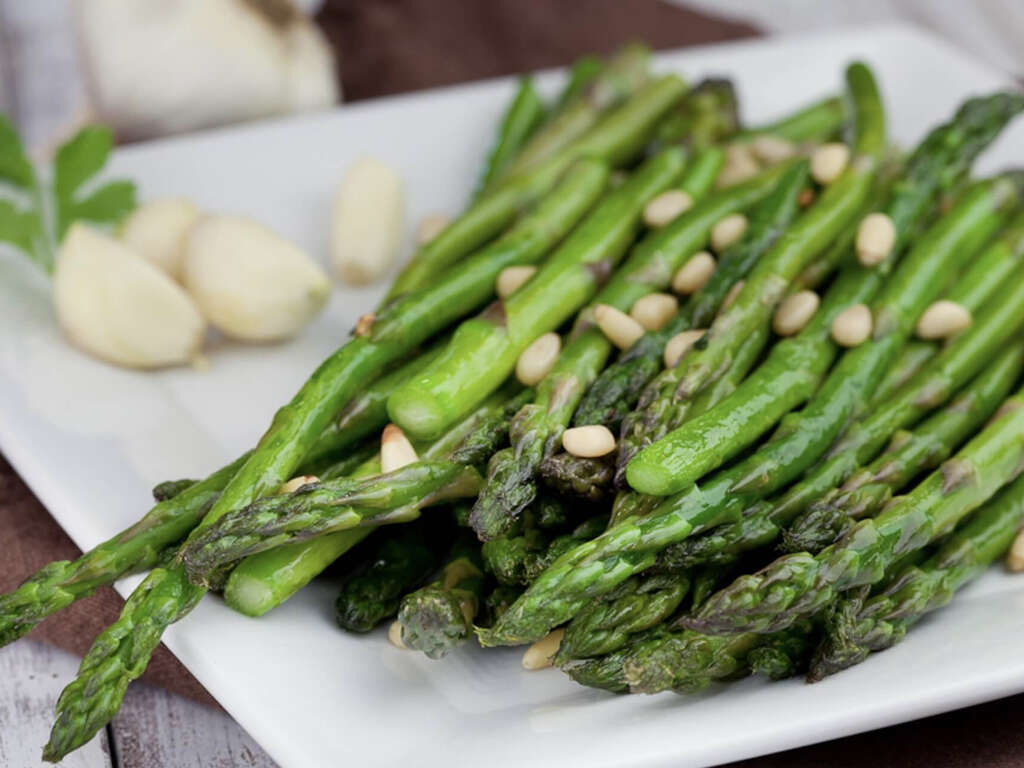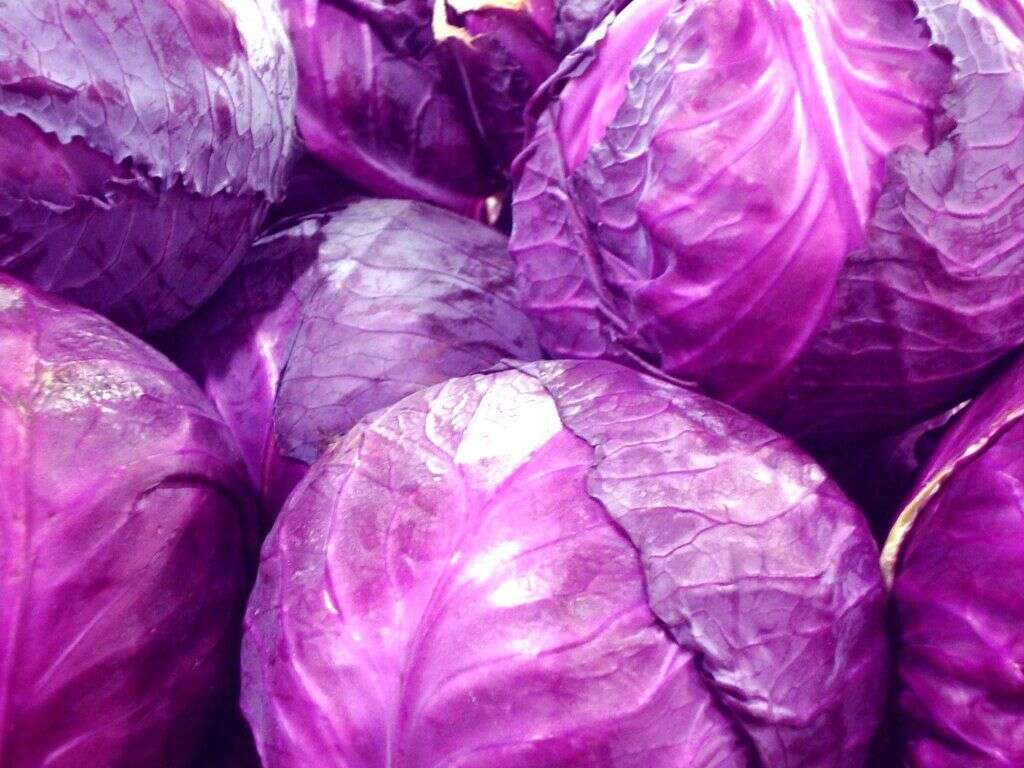10 Benefits of Swiss Chard
Swiss chard, scientific name Beta vulgaris, is a leafy green vegetable whose other common names include silver beet, beet spinach, perpetual spinach, and leaf beet. It is a close relative to spinach and beet greens. Swiss chard is rich in fiber, vitamins, minerals, and phytochemicals.
One hundred grams of raw Swiss chard contains 830 micrograms of vitamin K, which is 1,038 percent of its daily value (DV) for an average adult. It also contains 122 percent DV of vitamin A, 50 percent of vitamin C, and 6 percent of vitamin E. The portion also contains 20 percent DV of magnesium, 10 percent of iron, 18 percent of manganese, 9 percent copper, 8 percent potassium, 5 percent calcium, 2 percent zinc, 6 percent of fiber, and 4 percent of protein.
This nutritional profile is responsible for the following 10 benefits of Swiss chard, among others.
Benefit #1: Blood Sugar Regulation
Regular consumption of Swiss chard can help regulate blood sugar levels. This is especially beneficial for people with diabetes and prediabetes. By regulating blood sugar levels, Swiss chard prevents blood glucose peaks and drops. This property is a result of bioactive phytonutrients in Swiss chard, which inhibit the activity of the enzyme called alpha-glucosidase whose role is to convert carbohydrates to glucose.
By stabilizing blood sugar levels, Swiss chard can keep prediabetes from developing into full-blown diabetes. It can also improve the health of people with diabetes, including improving insulin sensitivity and decreasing peripheral neuropathy. Increased insulin sensitivity means that a patient will require less insulin for them to lead a normal life.
Benefit #2: Boosts Muscle Health
The minerals magnesium, potassium, calcium, and iron are essential for proper muscle function among other roles. Deficiency of one of them can lead to adverse effects on muscles such as weakness, tingling, numbness, muscular cramps, and chronic fatigue. It is, therefore, critical to include foods that contain these minerals for muscle health.
One hundred grams of raw Swiss chard contains 20 percent of the daily value of magnesium, 10 percent DV of iron, 8 percent DV of potassium, and 5 percent DV of calcium. Getting a regular helping of Swiss chard can provide significant amounts of these minerals, ensuring that you have healthy muscles.
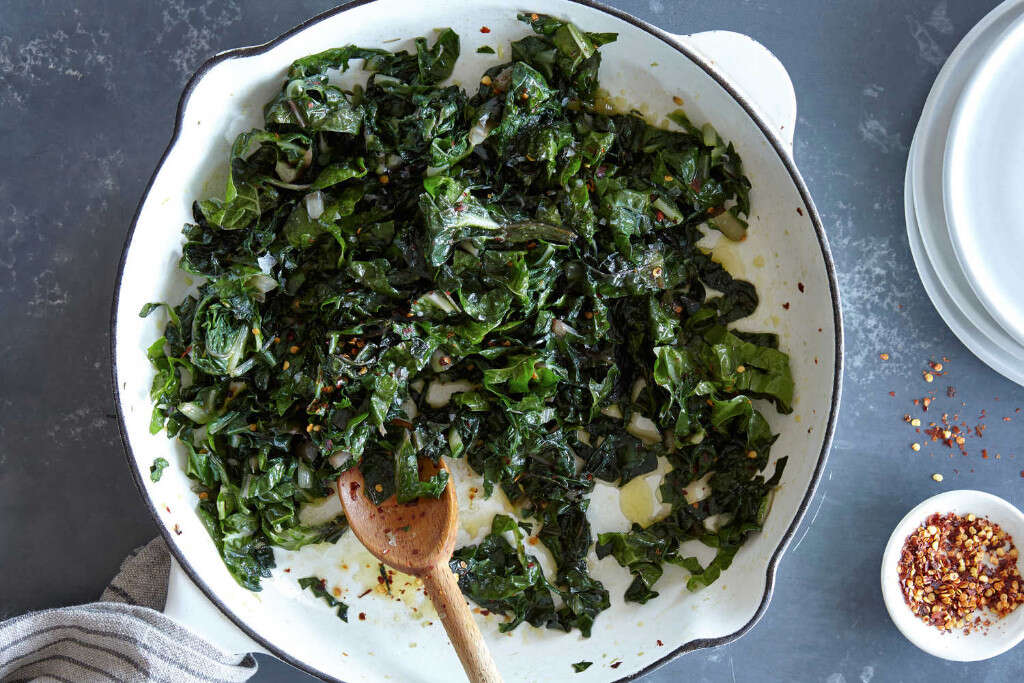
Benefit #3: Strong Bones
Many people associate calcium to bones. But, although bones are mainly composed of calcium, you need other minerals and vitamins to grow and maintain strong and healthy bones and teeth. Minerals and vitamins required for bone growth and maintenance include magnesium, potassium, phosphorus, vitamin C, vitamin K, and vitamin D.
One hundred grams of raw Swiss chard contains 50 percent of the DV of vitamin C and more than 100 percent of the DV of vitamin K. It also contains 20 percent DV of magnesium, 5 percent DV of calcium, 5 percent DV of phosphorus, and 9 percent DV of sodium. Eating Swiss chard regularly can, therefore, contribute toward developing strong and healthy bones.
Benefit #4: Boosts Brain Power
While the brain comprises of a mere 2 percent of the total body weight, it consumes a whopping 20 percent of the inhaled oxygen and 20 percent of the energy produced in the body. For the brain to function at its optimum, it requires a continuous supply of glucose and oxygen. Because transportation of both glucose and oxygen happens through blood, good circulation is critical for the nourishment of the brain.
One hundred grams of raw Swiss chard provides more than 100 percent of the DV of vitamin K. This means that eating Swiss chard helps boost blood circulation both within the body and more specifically within the brain. The presence of beneficial phytonutrients in Swiss chard also helps protect the brain from harmful free radicals and inflammation-causing compounds.
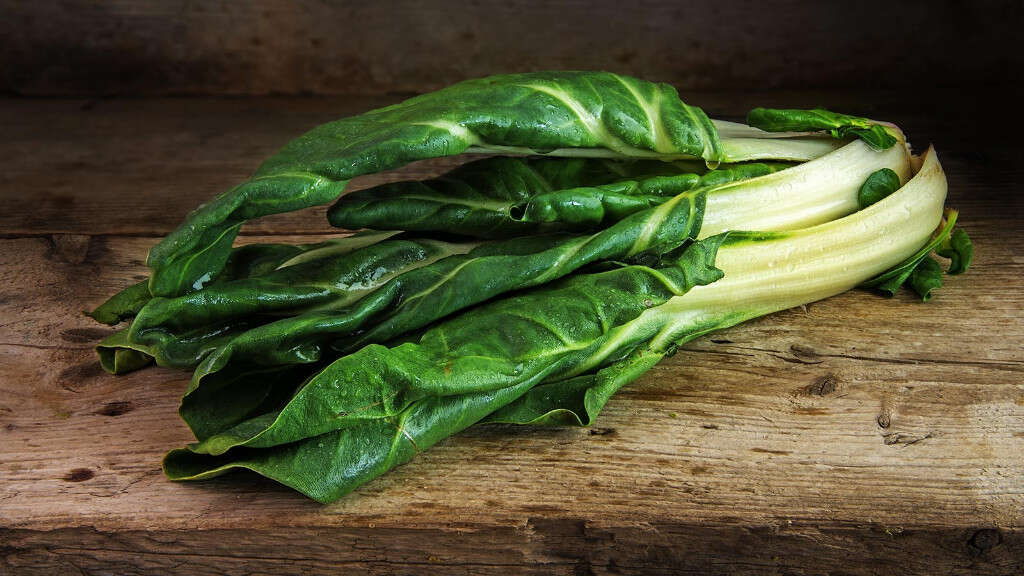
Benefit #5: Better Digestion
Good digestion ensures that your body gets the nutrients contained in the food that you eat and that waste is expelled within reasonable time. Swiss chard contains a substantial amount of fiber besides anti-inflammatory and antioxidant phytonutrients and water. These constituents of Swiss chard support the digestive system to function properly.
This ensures that after breakdown of food, nutrients are absorbed and the waste is transported through the large intestines for onward expulsion through the anus. When this happens within reasonable time, toxins in the digestive system are eliminated before they can cause harm in the digestive system or other parts of the body.
Benefit #6: Protects the Eyes
Swiss chard is a rich source of lutein and zeaxanthin. These are carotenoid compounds that have protective properties against damage of the eyes. Lutein and zeaxanthin are antioxidant phytonutrients that protect the eyes from the harmful activities of free radicals. The phytonutrients also work as filters of harmful ultraviolet light, thereby preventing it from damaging the internal layers of the retina.
This combination of protective activities prevents degeneration of the macular and, therefore, helps maintain good eye health. Increased intake of lutein and zeaxanthin also stops further damage where macular degeneration has begun. It is worth to note that macular degeneration is a common cause of poor vision, especially in elderly people.
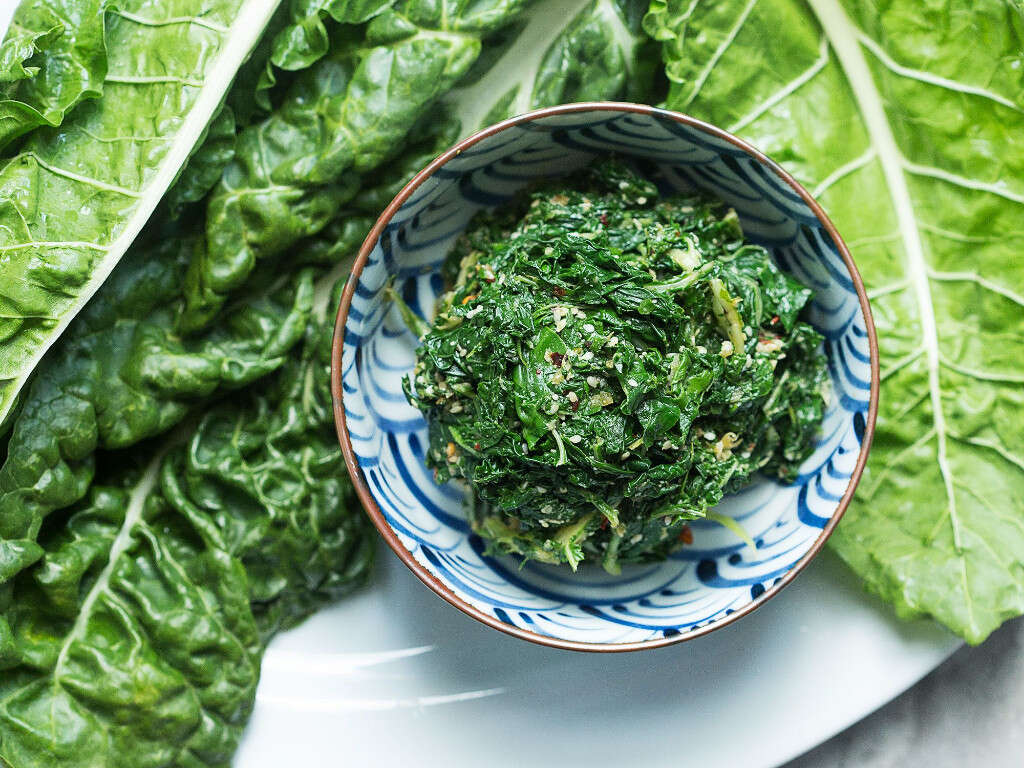
Benefit #7: Boosts Circulatory Health
Healthy blood circulation is the result of a combination of factors. These include a balanced composition of the various components of blood including white and red blood cells, platelets, and plasma. Other factors include a healthy circulation infrastructure including blood vessels, the heart, the lungs, and the nervous system.
All these components of blood circulation depend on nutrition for maintenance. Swiss chard contains some of the essential micronutrients for a healthy circulatory system. These include vitamin K whose role in blood circulation includes regulating blood calcium levels and blood clotting; potassium whose role in blood circulation includes regulating blood pressure; and magnesium whose role in circulatory health includes regulation of blood pressure and supporting a healthy heartbeat and regulation of blood calcium levels. The array of phytonutrients in Swiss chard also maintains healthy blood circulation by protecting against inflammation and free radicals.
Benefit #8: Boosts Immunity
A healthy immune system begets a healthy body and brain. This can be achieved by having a healthy diet that, besides providing carbohydrate, protein, and fat, also provides essential vitamins and minerals. Some of the micronutrients that boost immunity include vitamin C, zinc, antioxidant, and anti-inflammatory compounds. Other micronutrients like vitamin K, potassium, magnesium, and iron also have roles on immunity because they support blood circulation, blood pressure, respiration, and various biochemical processes.
A 100-gram portion of raw Swiss chard contains 50 percent of the daily vitamin C requirement for an average adult. The portion also contains 2 percent DV of zinc, 20 percent DV of magnesium, 10 percent DV of iron, and 8 percent D of potassium, besides many beneficial phytonutrients.
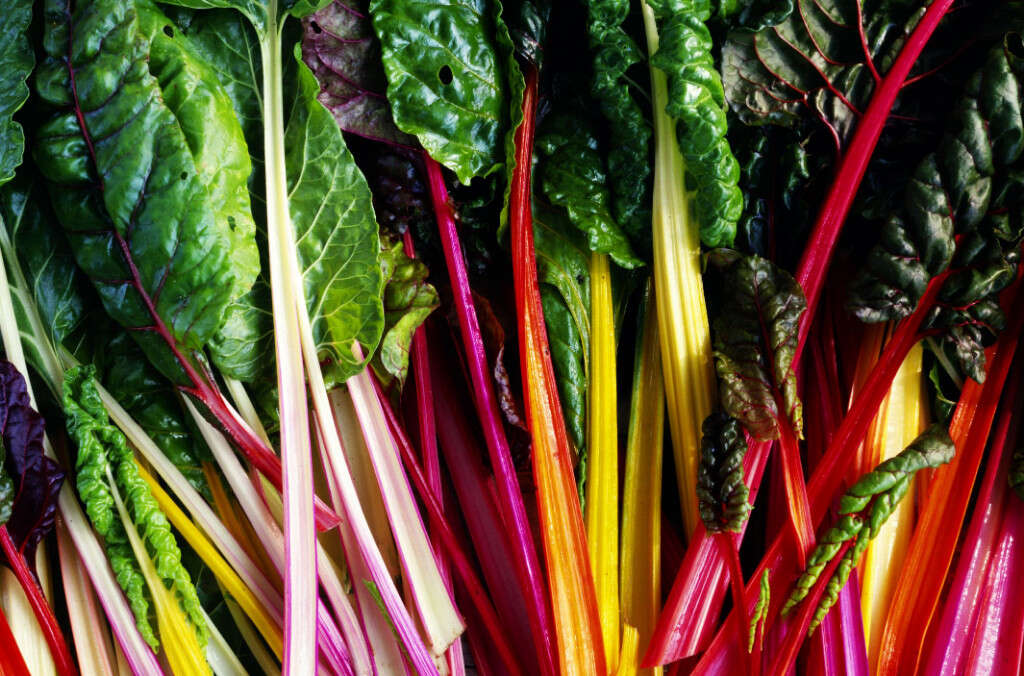
Benefit #9: Prevention or Recovery from Anemia
Anemia is a condition caused by iron deficiency. It presents with symptoms like pale skin, fatigue, rapid heartbeat, shortness of breath, headaches, dizziness, leg cramps, and insomnia. These symptoms occur when the cells of the body do not get enough oxygen to carry out their respiratory function to produce energy.
Iron is an essential component of hemoglobin, the compound that carries oxygen from the lungs to all parts of the body. With reduced oxygen, the brain, muscles, the heart, and other organs do not get the energy they require for proper functioning. This leads to the aforementioned anemia symptoms. These can be substantially remedied by regular consumption of Swiss chard. One hundred grams of raw Swiss chard contains 10 percent of the DV of iron. It also contains 50 percent DV of vitamin C, which is necessary for absorption of iron.
Benefit #10: Protection against Cancer
Swiss chard is a rich source of vitamin C, fiber, and antioxidants, which play a major role in maintaining good overall health, including prevention from cancer. Antioxidants prevent the destructive activities of free radicals, which would otherwise expose the body to intra- and extra-cell damage including interfering with the DNA. Free radical activities lead to various health problems including inflammatory ailments, oxidative stress, tumor development, and cancer.
By eating Swiss chard regularly, you can increase the amount of antioxidants in your body and thereby protect yourself from some types of cancer. Additionally, because Swiss chard aids bowel movement due to its high fiber content, it prevents constipation and, therefore, colon cancer.




